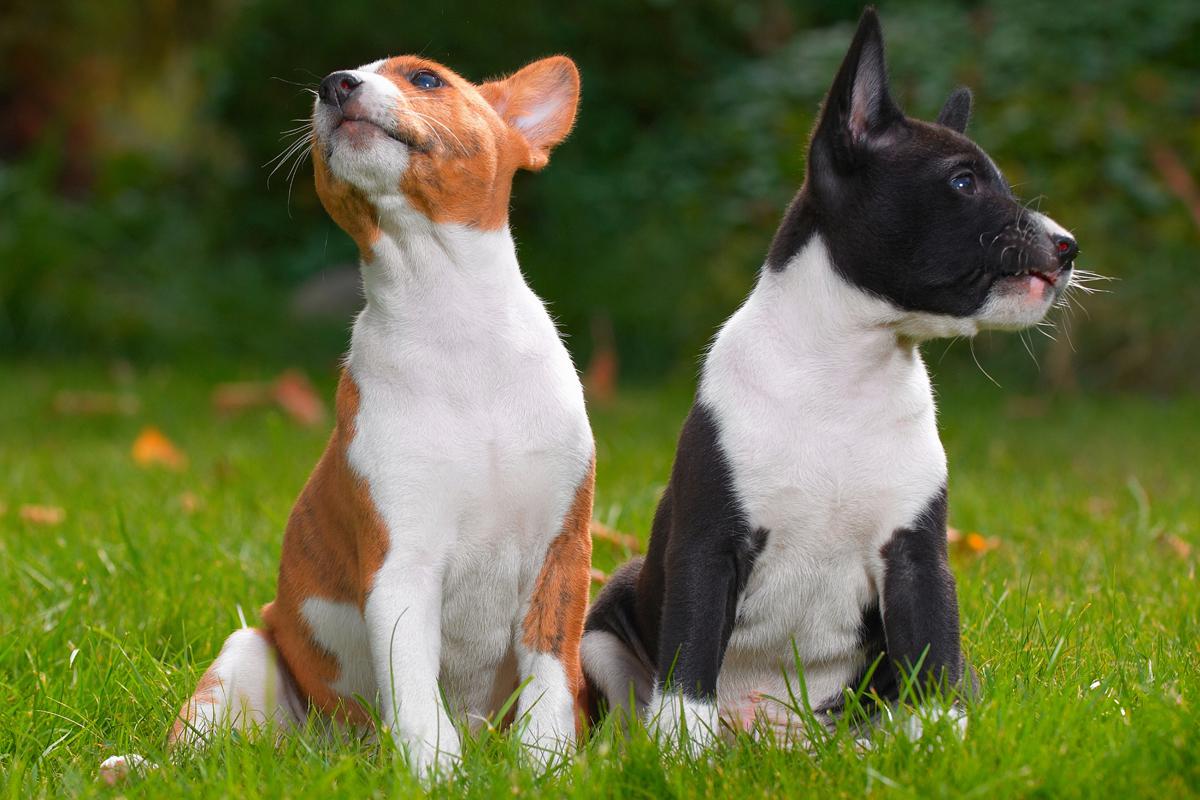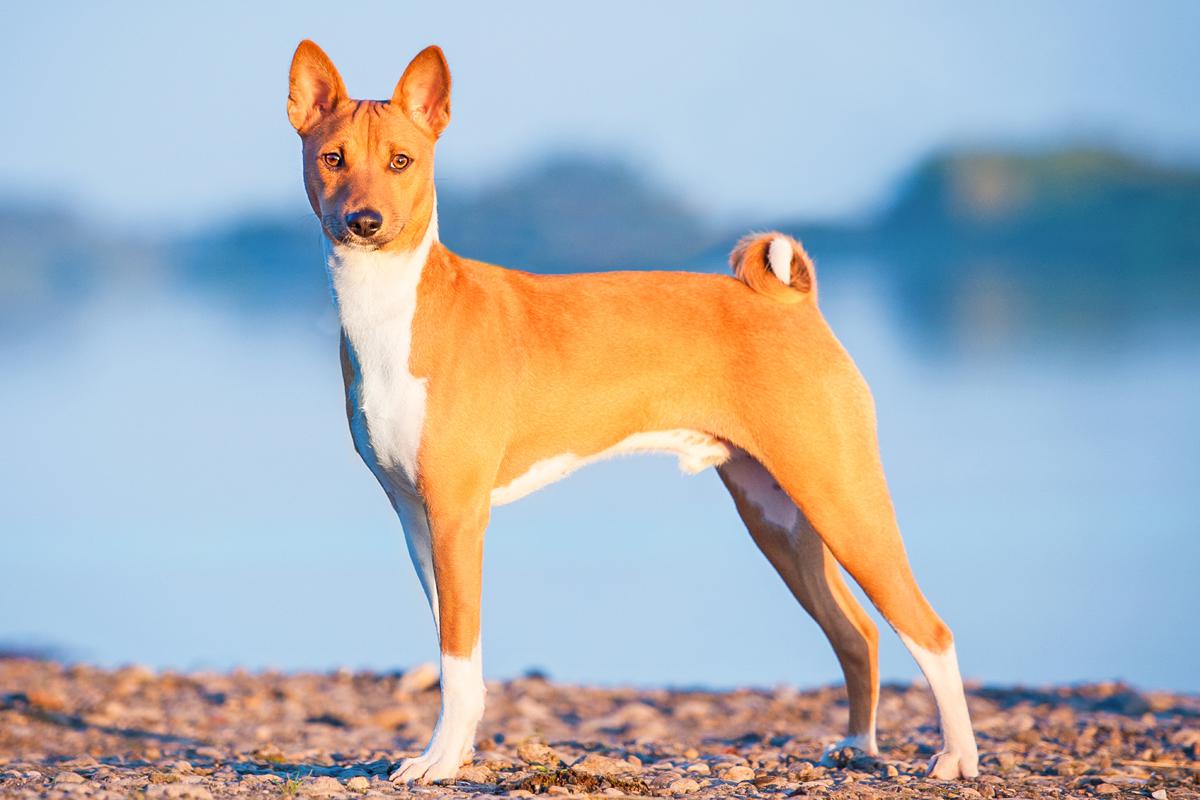Basenji


 Puppy
Puppy
 Fully Grown
Fully Grown
The name Basenji means “small wild thing from the bush” which refers back to the origins of this breed in central Africa, where they tended to live more alongside than actually with people.
Basenjis are best raised as free spirited, independent dogs. They thrive in a pack living arrangement and do not like to be home alone. It is important not to try to humanise this breed in any way.
Basenjis require long daily walks. Their senses are sharp and their hearing and eyesight compares to that of an eagle. Busy city life can be too stressful for this domesticated but yet wild at heart breed. Their hunting instinct is intense and everything that moves is seen as a potential dinner opportunity. Taking your Basenji off the lead requires a lot of training and control over the dog.
Basenjis are called “barkless dogs” as, due to their flat larynx, they cannot bark. But don’t get over excited, Basenjis simply yodel instead!
Your Basenji will pick up on your mood swings like no other breed, and will tend to mirror your emotional state. Living with a Basenji can best be summarised as living with a wild dog that wants to be part of your pack but is still learning how to fit into civilisation.
| Weight: | 10-12 kg |
| Health risk: | Medium |
| Life expectancy: | 12-16 years |
| Coat: | Short |
| Grooming intensity: | Low |
| Monthly cost (food): | low |
| Trainability: | High |
| Activity level: | High |